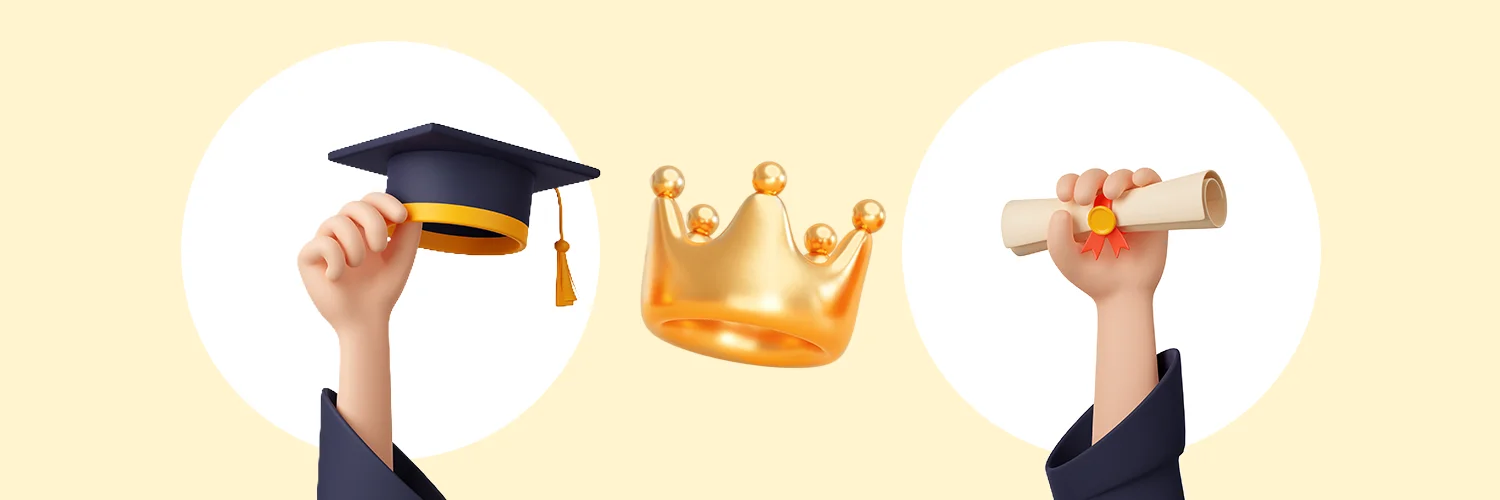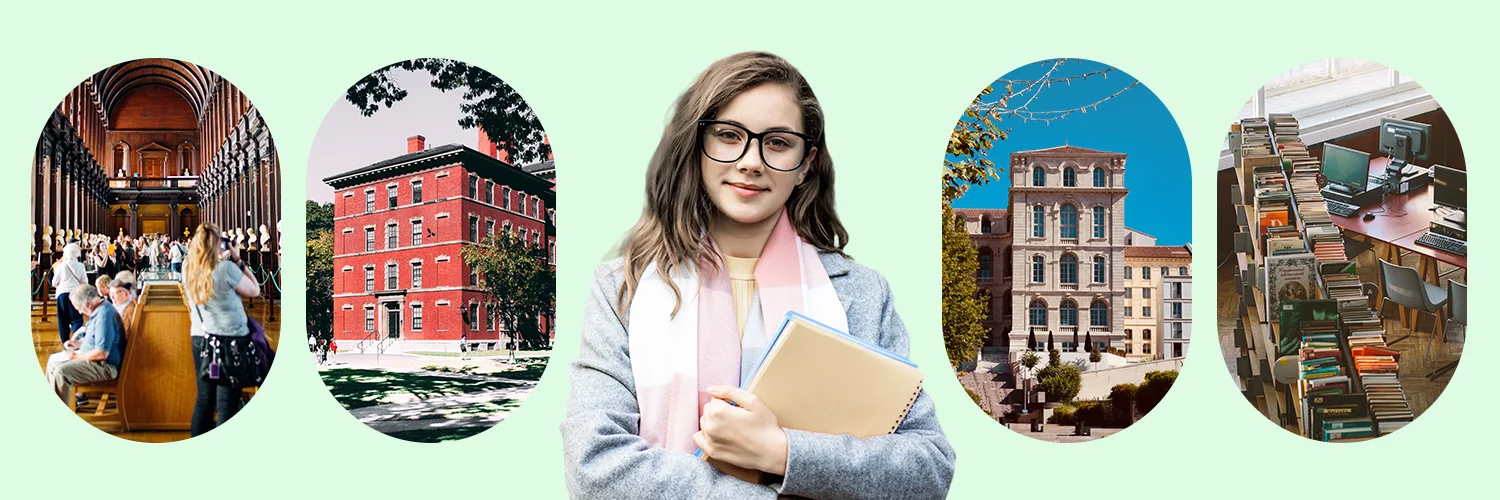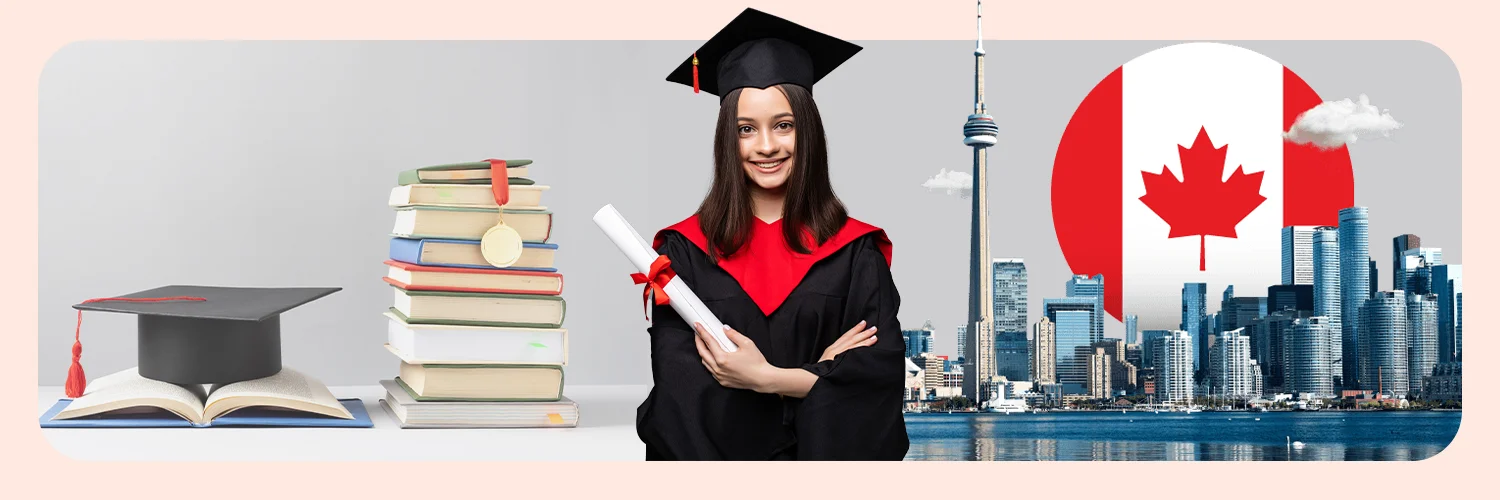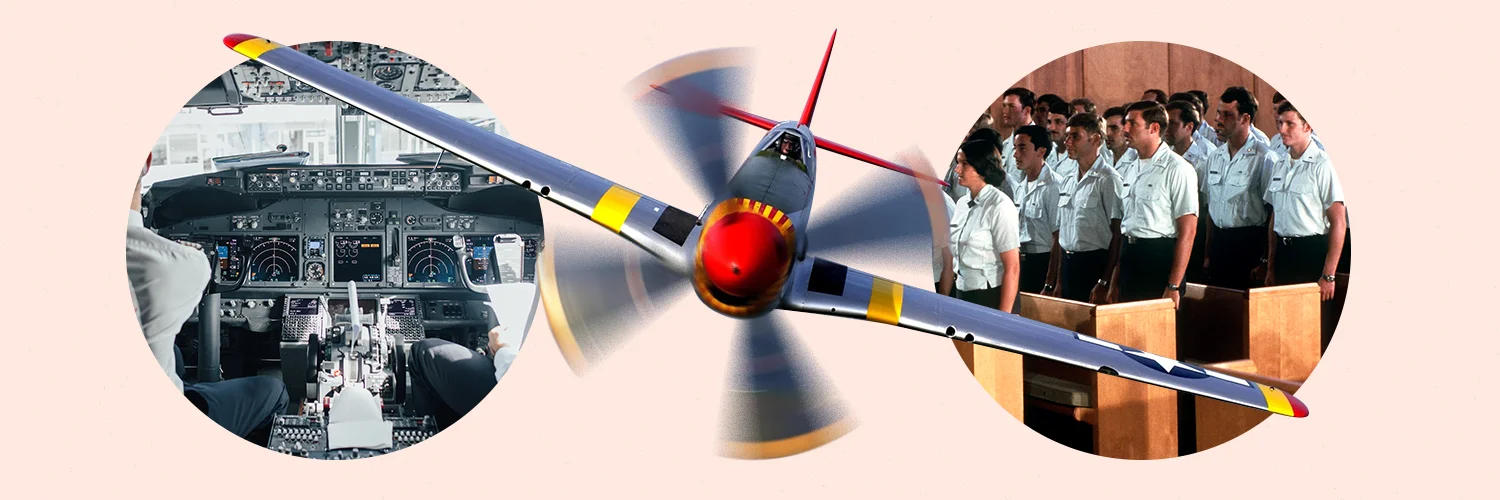
Best Flying Schools in Canada for Indian Students
Best Flying Schools In Canada for Indian Students
- Seneca College School of Aviation, Toronto
- Moncton Flight College, New Brunswick
- Mount Royal University of Aviation, Alberta
- Waterloo Wellington Flight Centre, Ontario
- British Columbia Institute of Technology (BCIT) Aerospace Technology Campus, British Columbia
[playht_player width=“100%” height=“90px” voice=“Noah”]
Flying schools in Canada aren’t just about training pilots; they’re about igniting dreams and launching careers! As the aviation industry continues to soar, the demand for skilled pilots is reaching new heights, and pilot training in Canada is at the forefront of churning out the best of the best.
Picking the right flying school can make or break your aviation career. So, whether you’re aspiring to be a commercial pilot, a bush pilot with a wild side, or a helicopter pilot ready to hover above the competition, aviation schools in Canada offer the training, knowledge, and mentorship to help you soar smoothly.
Let’s uncover the best aviation academy in Canada that is ready to lift your dreams off the ground.
Embarking on a journey to become a skilled aviator is an exhilarating adventure, and selecting the right pilot training in Canada for international students is your first step to conquering the skies. Let’s navigate through some key factors that will help you make an informed decision among the various flying schools in Canada.
- Location and Accessibility: Picture-perfect weather and optimal flight conditions are the dreams. When choosing a flying school, consider its location and accessibility. Look for schools situated in areas with favourable weather patterns for consistent flight training. Whether you’re looking for a school nestled in the scenic landscapes of British Columbia or the bustling aviation hubs in Ontario, a strategically located aviation school in Canada can make your training experience more convenient and enjoyable.
- Average Costs and Duration: The fees for pilot training in Canada for Indian students can vary depending on your chosen program, the type of aircraft you train on, and the school’s location. On average, the cost of pilot training can range from CAD 60,000 to 100,000 (approximately INR 40 to 60 lakh), and the duration can span anywhere from 6 months to 2 years. In India, the fee for a pilot course from a DGCA-approved institute (Director General of Civil Aviation) usually costs around INR 35-40 lakh. The average duration for a pilot training course in India ranges anywhere between 16-36 months.
- Accreditation and Certification: When it comes to pilot training in Canada, safety is paramount. Ensure that the flying school you’re eyeing is accredited by Transport Canada, the country’s aviation authority. A school with proper certifications and approvals ensures you receive training that adheres to strict industry standards and regulations.
- Training Programs and Courses: The pilot course in Canada you choose depends on your future career goals. Look for flying schools that offer a variety of training programs, including Private Pilot License (PPL), Commercial Pilot License (CPL), and Instrument Rating (IR). Having a range of courses allows you to tailor your training to your career goals. Remembering the cost of a commercial pilot licence in Canada will also help you make concrete decisions.
- Instructor Qualifications: Your instructor will be your guide through the skies, so their expertise matters. Opt for an aviation academy in Canada with experienced and certified flight instructors who have a track record of producing skilled aviators. Their guidance and mentorship will play a pivotal role in your learning journey, and then Canada’s pilot training cost will make a lot more fiscal sense.
- Fleet and Maintenance: A diverse and well-maintained fleet of aircraft is crucial for comprehensive training and could be one of the things that drives Canada’s pilot course fees up. Look for schools that invest in modern and well-maintained aircraft, providing you with a range of experiences across different aircraft types. This exposure is invaluable as you develop your flying skills.
- Reviews and Reputation: Check out online reviews and testimonials from previous students to gauge the flying school’s reputation. Positive reviews and success stories can give you insights into the quality of training and overall student experience in flight schools in Canada.
- Industry Recognition: Has your aviation academy in Canada received any awards or recognition from the aviation industry? Such accolades can be indicative of a school’s commitment to excellence and its contribution to producing skilled pilots.
When you’re choosing a flight academy in Canada, remember that your decision isn’t just about learning to fly, but it’s also about launching your aviation career as a whole.
![]()
In a Nutshell
Here are some factors to consider for flight training in Canada:
Location and Accessibility
Average Cost and Duration of the Course
Accreditation and Certification of the Aviation School
Training Programs and Courses Offered by the Flying School in Canada
Instructor Qualifications
Fleet and Maintenance
Reviews and Reputation
Industry Recognition
Taking off to Canadian flying schools? Enjoy smooth transactions at high altitudes.
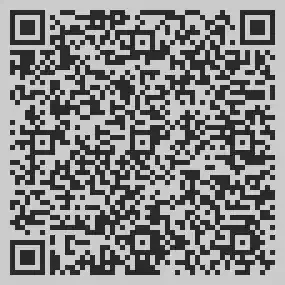
Best Flying Schools in Canada for International Students
Here are some of the best flight schools in Canada (in no specific order) that have been instrumental in producing skilled aviators. These are just for reference. Make sure to do your fair bit of research before taking off.
Seneca College School of Aviation - Accredited by Transport Canada, Seneca College School of Aviation is a pioneer in the field of pilot training in Canada. This aviation academy in Canada offers a range of training programs, from Private Pilot Licences (PPL) to Commercial Pilot Licences (CPL). Their state-of-the-art flight simulators and modern fleet of aircraft provide students with hands-on experience. Notable facilities include cutting-edge classrooms and dedicated briefing areas. Seneca’s strong industry connections ensure students benefit from career placement assistance, making it a compelling choice for those aiming to make their mark in aviation.
Average Fees: CAD 15,000, approximately INR 9 lakh (per year)
Location: Toronto, Canada
Moncton Flight College - Moncton Flight College has carved a niche for itself as one of the premier flight schools in Canada. Accredited and certified by Transport Canada, it boasts a comprehensive range of training programs, including Multi-Engine and Instrument Rating courses. With well-maintained aircraft and cutting-edge training facilities, Moncton ensures students receive top-notch practical training. Their career services department offers guidance and connections to potential employers, enhancing students’ employability and career prospects through pilot hiring in Canada.
Mount Royal University Aviation - Mount Royal University Aviation is known for its emphasis on excellence and safety. Accredited and certified by the relevant authorities, it offers an array of training programs, including Night Rating and Float Endorsement. These pilot course fees in Canada are fairly feasible. Students at Mount Royal benefit from personalised support, career counselling, and networking opportunities.
Average Fees: CAD 20,000 (approximately INR 12 lakhs) + Flight training fees. Fees are subject to change depending on operating costs for aircraft and related services.
Location: Alberta, Canada
Waterloo Wellington Flight Centre - Waterloo Wellington Flight Centre is renowned among the flying schools in Canada. Accredited and certified by Transport Canada, the centre provides training in diverse programs, from Mountain Flying to Aerobatics. Waterloo Wellington’s modern fleet and advanced simulators create a dynamic learning environment. The centre’s strong industry ties facilitate internships and job placements, taking pilot hiring in Canada up a notch and ensuring graduates are ready to take on the skies with confidence.
Average Fees: CAD 11,000 - CAD 80,000 (approximately INR 6 lakhs - INR 48 lakhs) depending on the course.
Location: Ontario, Canada
British Columbia Institute of Technology (BCIT) Aerospace Technology Campus - BCIT Aerospace Technology Campus has earned its reputation as a trailblazing aviation academy in Canada. With full accreditation and certifications, the institute offers programs like Bush Pilot Training and Cross-Country Navigation. State-of-the-art classrooms and an aviation library enhance the learning experience. BCIT’s career services team assists students in exploring job opportunities and establishing connections within the aviation community.
Average Fees: Tuition fees: CAD 37,000 (approximately INR 22 lakhs) + student association fees + ancillary fees. Flying fees are estimated and dependent on fuel surcharge and subject to change.
Location: British Columbia, Canada
These flight schools in Canada have their respective strengths and are all well-known and duly accredited. However, it pays to carry out your own research, particularly a field visit, if possible. This may be difficult when considering pilot training in Canada for international students. However, check if these academies offer video calls to discuss your queries virtually. Another important point to note for international students is the pilot course fees in Canada. Each academy has its range, which you can weigh while deciding whether pilot training in Canada is your best bet. Also, it may make sense to note and compare the cost of a commercial pilot licence in Canada since this licence is the most sought-after form of civil aviation credit.
Flying schools in Canada are great options with some of the best civil and commercial aviation opportunities. With a wonderfully diverse population, pilot training in Canada for international students is unlikely to feel foreign. The sky has no borders, and Canada is known for its hospitality.
Getting a Canadian student visa from India is a crucial step to applying for these pilot training programs in Canada.
Seneca College School of Aviation
Moncton Flight College
Mount Royal University Aviation
Waterloo Wellington Flight Centre
British Columbia Institute of Technology (BCIT) Aerospace Technology Campus
Cost and Financing Options for Pilot Training in Canada
Read about the student loan opportunities available for Indian students willing to study in Canada.
Additionally, scholarship opportunities are available for both domestic and international students pursuing aviation education. Organisations like the Northern Lights Aero Foundation offer scholarships to support students in their aviation journey. Researching and exploring these financing options and scholarships can help alleviate the financial burden of flight training and make the path to becoming a pilot more attainable for aspiring aviators.
Learn more about the Scholarships available for Indians to study abroad.
![]()
In a Nutshell
On average, commercial pilot course fees in Canada can range from CAD 80,000 to CAD 120,000 (INR 50 to 70 lakh) for a commercial pilot licence program. Besides the tuition fees, there are other costs to consider, such as examination fees, aircraft rental charges, books, study materials, and medical examinations. Schools may offer an option to may in instalments or offer scholarships. Organisations like the Northern Lights Aero Foundation offer scholarships.
Facilities and Resources in Aviation Schools in Canada
The infrastructure of an aviation academy plays a significant role in giving you the best and safest training possible and rationalising Canada’s pilot training cost. So it is important to keep an eye out for them.
- Top flying schools in Canada, like Seneca College School of Aviation, offer well-equipped classrooms, advanced simulators, and dedicated briefing areas for ground training.
- These facilities provide students with a conducive environment to learn and practise essential aviation concepts before taking to the skies.
- Additionally, training at airports like Brampton-Caledon Airport, with modern infrastructure and air traffic complexity, allows students to gain hands-on experience of a real-world aviation environment, contributing to their confidence and proficiency as pilots.
- Schools like Mountain City Aviation provide students with a rich collection of aviation-related resources, ensuring that they have the necessary knowledge at their fingertips to excel in their studies and training.
Support isn’t limited only to training. What happens outside of training matters equally. Just as much as your post-flight school experience. Take time to see whether flying schools in Canada are conducive to landing your aviation career in the right place.
Medical and Physical Requirements to be Eligible for Flying School in Canada
You must meet specific physical eligibility criteria and adhere to medical requirements to obtain a pilot’s license. The process of becoming a pilot involves undergoing a series of tests assessing hearing, physical fitness, eyesight, and mental strength. While clearing medical categories 2 and 3 is essential, obtaining a Category 1 medical certificate is crucial for a Commercial Pilot license qualification.
A pilot must be physically fit, especially regarding heights, and obtaining a medical certificate from an approved organisation is a fundamental prerequisite for obtaining a Pilot license in Vancouver, Canada.
The battery of tests includes:
Colour Blindness Test: Designed to identify congenital red-green colourblindness, as colour blindness is not permissible.
Hearing Test: Conducted in a soundproof chamber, where you respond to tones. This test aims to detect ear malfunctions and failures.
Blood & Urine Test: Essential for assessing general health issues and organ functioning.
Lung Test: Evaluates the respiratory system’s functionality and lung volume, checking for any flow rate and gas exchange disorders.
ECG (Electrocardiogram): Measures the heart’s rhythm by fitting electrodes on the upper body to record electrical activity.
Certain disqualifying conditions for aspiring pilots include:
Asthma and Allergies: Presence of lung disorders poses risks at high altitudes.
Hearing Impairment: Any issues related to hearing can disqualify an individual.
Body Shape/Length: Fitness is a prerequisite for flying.
Epilepsy: Disorders related to sense organs may lead to disqualification.
Psychological Ailments: Anxiety disorders, panic disorders, obsessive-compulsive disorder, or any psychological disorders can render an individual ineligible for pilot qualification.
Student support and career services are paramount in guiding aspiring pilots towards successful aviation careers. You should look at a favourable student-to-instructor ratio, career placement services and a favourable alumni network.
At institutions like Conestoga College School of Aviation, with a favourable student-to-instructor ratio, students receive personalised attention and guidance, enhancing their learning experience and skill development. Beyond training, flying schools also play a pivotal role in assisting graduates with pilot hiring in Canada.
Sault College School of Aviation offers career placement assistance to connect students with potential job opportunities within the aviation industry. Furthermore, an extensive alum network, such as the one maintained by Confederation College School of Aviation, provides a valuable platform for graduates to establish professional connections, seek advice from experienced aviators, and explore various pathways within the aviation field, ultimately contributing to their long-term success.
Make your destination dreams permanent with the right type of work visa!
Apply with Niyo Global Apply with Niyo Global
Key Takeaways
- In the high-flying realm of aviation, the first step towards achieving your ambitions is selecting the perfect flying school.
- Critical considerations include the location and accessibility of the institution, with Canada’s diverse landscapes offering unique training environments.
- Understanding the average Canada pilot course fees and duration is crucial, as programs range from CAD 60,000 to 100,000 and span six months to two years.
- Accreditation and certification by Transport Canada assure adherence to industry standards and are key points to look out for.
- Look out for diverse training programs and courses, such as Private Pilot License (PPL), Commercial Pilot License (CPL), and Instrument Rating (IR), to cater to your career goals and make sure that you’re trusting your flight in the hands of experienced and certified flight instructors and a varied and well-maintained fleet of aircraft.
- Be it the best flying schools in Canada or otherwise, the Great White North has wonderful options for aspiring aviators.
- Remember, your chosen aviation academy in Canada isn’t just about learning to fly, but about launching your career into the sky. As you embark on your journey, remember that the sky’s the limit! And these flight schools in Canada are your wings to a soaring future in aviation.
Frequently Asked Questions
1. What are the basic requirements to enrol in a Canadian flying school?
Aspiring pilots typically need to meet certain eligibility criteria. These can include being at least 17 years old, possessing a high school diploma or equivalent, and having a valid medical certificate issued by Transport Canada. Additionally, English language proficiency is crucial, as aviation communication relies on it.
2. How long does it take to obtain a private pilot licence (PPL) in Canada?
The duration of obtaining a Private Pilot License (PPL) can vary depending on factors like weather, training frequency, and individual progress. On average, students can expect to complete their PPL training in about 3 to 6 months of full-time study. However, part-time students may take longer.
3. Are there any age restrictions for pursuing flight training?
While there is no upper age limit for pursuing flight training in Canada, however, students must be at least 17 years old to obtain a Private Pilot License (PPL). Different programs may have specific age requirements for other licences or ratings.
4. Can international students enrol in Canadian flying schools?
Yes, international students can indeed enrol in Canadian flying schools. Pilot training in Canada for international students is extremely well-known, welcoming students from around the world. However, it’s important for international students to ensure they have the appropriate study permits and fulfil any additional requirements for their chosen flying school.
5. What is the average cost of obtaining a commercial pilot licence (CPL) in Canada?
The cost of a Commercial Pilot License in Canada can vary widely based on factors such as the school, location, and type of aircraft used for training. On average, the cost of CPL training can range from CAD 60,000 to CAD 100,000. It’s important to note that this is an approximate average, and actual costs may differ.


